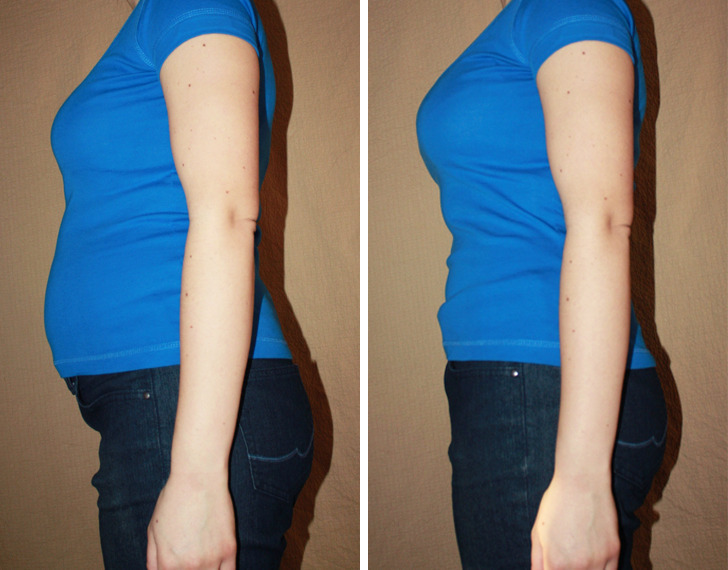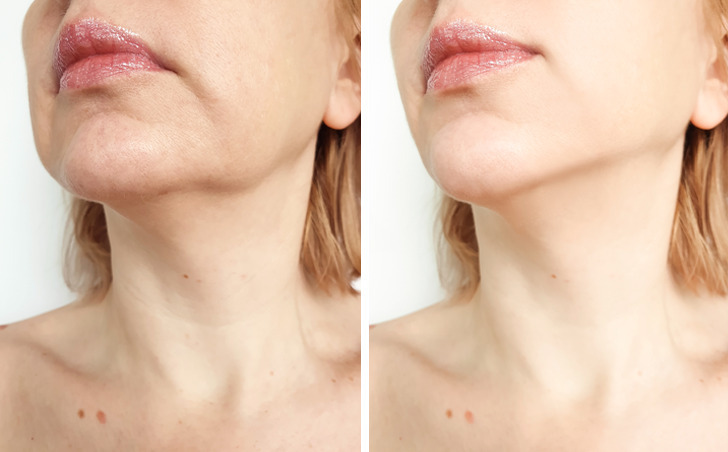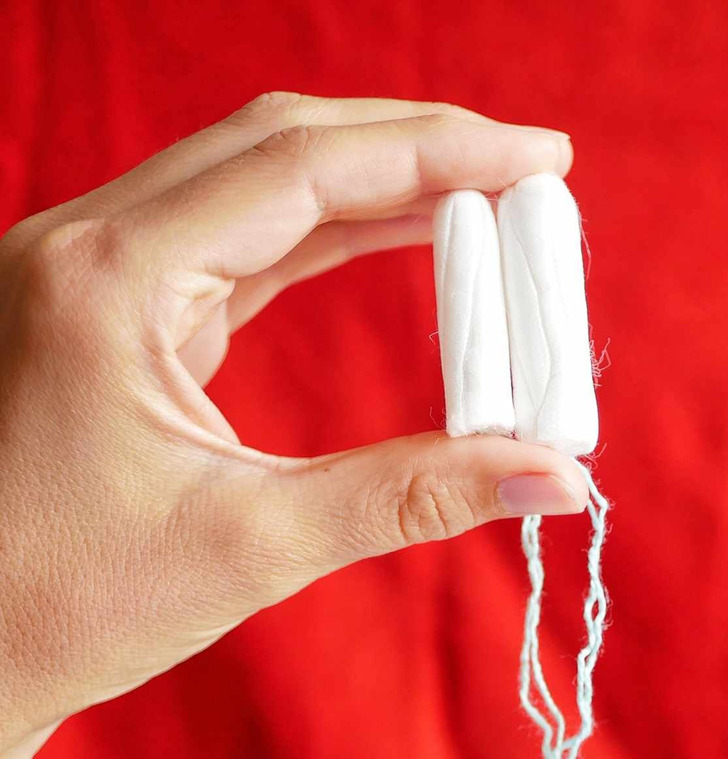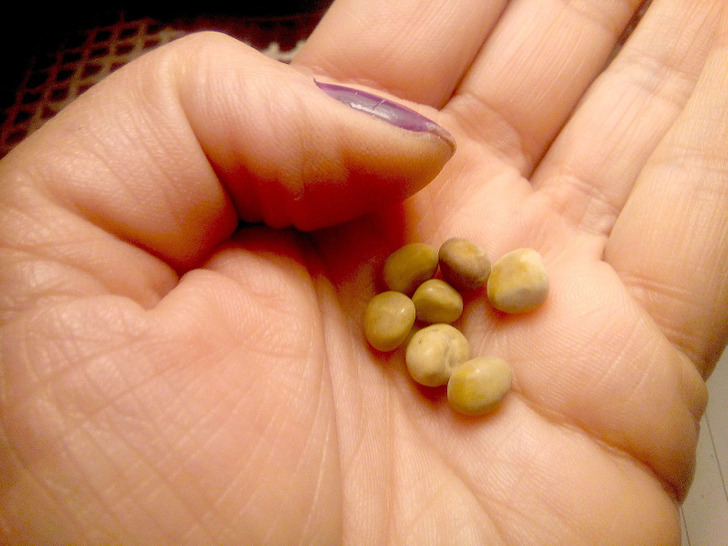12 Changes That Will Happen to Your Body If You Stop Eating Sugar and Salt
Finding something without sugar or salt in a supermarket is an incredible challenge. So, it’s not surprising that we eat our daily norm during breakfast. According to the recommendations of the World Health Organization, women should eat up to 6 teaspoons of sugar a day, and men — up to 9. The reality is that an average American eats 17 teaspoons of sugar every day.
CHEERY decided to find out what will happen to your body if you decide to cut down on eating sugar and salt. These not-so-obvious facts have already inspired us to try and make diet changes.
Headaches go away.
Good news for people suffering from migraines — a low-salt DASH diet can lower the number of migraines. No salt — no headaches. Studies show that a decrease in eating salt leads to a decrease in migraine episodes. So, a low-salt diet is a new approach to headache prevention.
No bloating.
Bloating has lot of causes. One of them is salty food. High-salt diets contribute to water retention. Body cells absorb all the excess water they can get. So, we end up looking swollen and we complain about bloating. But if we ate less salt, the problem would disappear. This is why people that eat less salt lose weight quickly. It’s all about the extra water that leaves the body when you eat less salt.
Thirst bothers you less often.
Have you noticed that you often feel thirsty after eating something salty? Thirst is one of the ways the body uses to correct the ratio of sodium and water in the body. When you cut down on salt you’re eating, you will notice the opposite. You will feel less thirst and won’t have to go to the bathroom as often.
Your sports performance drops.

It looks like low-salt diets have their cons. According to this study, eating salty nuts and salt additives can be quite beneficial for marathon runners. 2 groups of athletes took part in the study. The first group had drinks with 12 salt pills, and others had the same drink with empty pills. So, the participants that took salt finished 26 minutes faster on average.
Low-salt diets lower blood pressure.

The World Health Organization recommends eating less than 5 grams of salt per day to normalize blood pressure. The thing is, salt is the cause of water retention. People who eat too much salt have excess water in the body which creates pressure on the blood vessels. It increases the blood pressure. Fortunately, it can be reversed. If you eat less salt, the blood pressure will improve.
You have a lower risk of getting sick.

Cutting down on sugar and salt prevent the development of diabetes type 2 and cardiovascular problems. It’s proved that excess sodium promoting left ventricular hypertrophy as well as fibrosis (thickening and scarring) in the heart and arteries. To minimize the risk of heart failure or stroke, the American Heart Association remains firmly on the side of sodium reduction. There are studies that link eating sugar and fast carbs with the development of diabetes. Scientists claim that low-sugar diets can significantly lower the risk of having diabetes.
The condition of your mouth improves.

The bacteria living in the mouth really love sugar. It’s the fuel that helps them reproduce. The same bacteria is to blame for the unpleasant smell — they produce the volatile sulfur gases. Eating less sugar can make your breath fresh and save lots of money on dentists.
You sleep better.

The people who like sweets sleep worse. Scientists found that people eating lots of sugar spend less time in deep, slow-wave sleep. This is the sleep phase we need to restore our power, support our metabolism, and keeping a healthy immune system. The people who ate sugar needed more time to fall asleep, and they woke up more often during the night. The opposite effect was noticed in people who had a balanced diet with complex carbs, fiber, and good fats.
You look younger.
We can “thank” glycation for wrinkles. Glycation is the process in which the sugar in your bloodstream attaches to proteins to form harmful new molecules called advanced glycation end products. These molecules damage the collagen and elastin in our body, making the skin less resilient. The conclusion is simple: if you want to look young, reduce the amount of sugar you eat.
Period pains become weaker.
Sugar can make your periods worse. Estrogen and progesterone respond erratically to insulin levels. That’s one of the reasons women crave sweets during their periods. But scientists advice against eating too many sweets. Desserts will only make the pain worse. No sugar — no cramps. Besides, eating less sugar can improve the condition of your skin during periods.
You have a smaller risk of having kidney stones.
A series of scientific studies showed that eating less salt can prevent the formation of kidney stones. Scientists watched a group of patients that followed the DASH-protocol. During the experiment, they found that low-salt diets not only lower blood pressure, but also reduce calcium excretion. So, if you have a risk of kidney stones, try eating less salt.
Your mental health improves.

Craving sugar can cause a lot of discomfort, but after several weeks, it will get better. And it’s worth it. According to a 2015 study, women that ate excess added sugar were more prone to depression than those who didn’t. It means that a balanced diet with an optimal amount of sugars may have a positive effect on both physical and mental health.
Have you ever stopped eating sugar or salt? How hard was it? Did you notice any positive changes?





